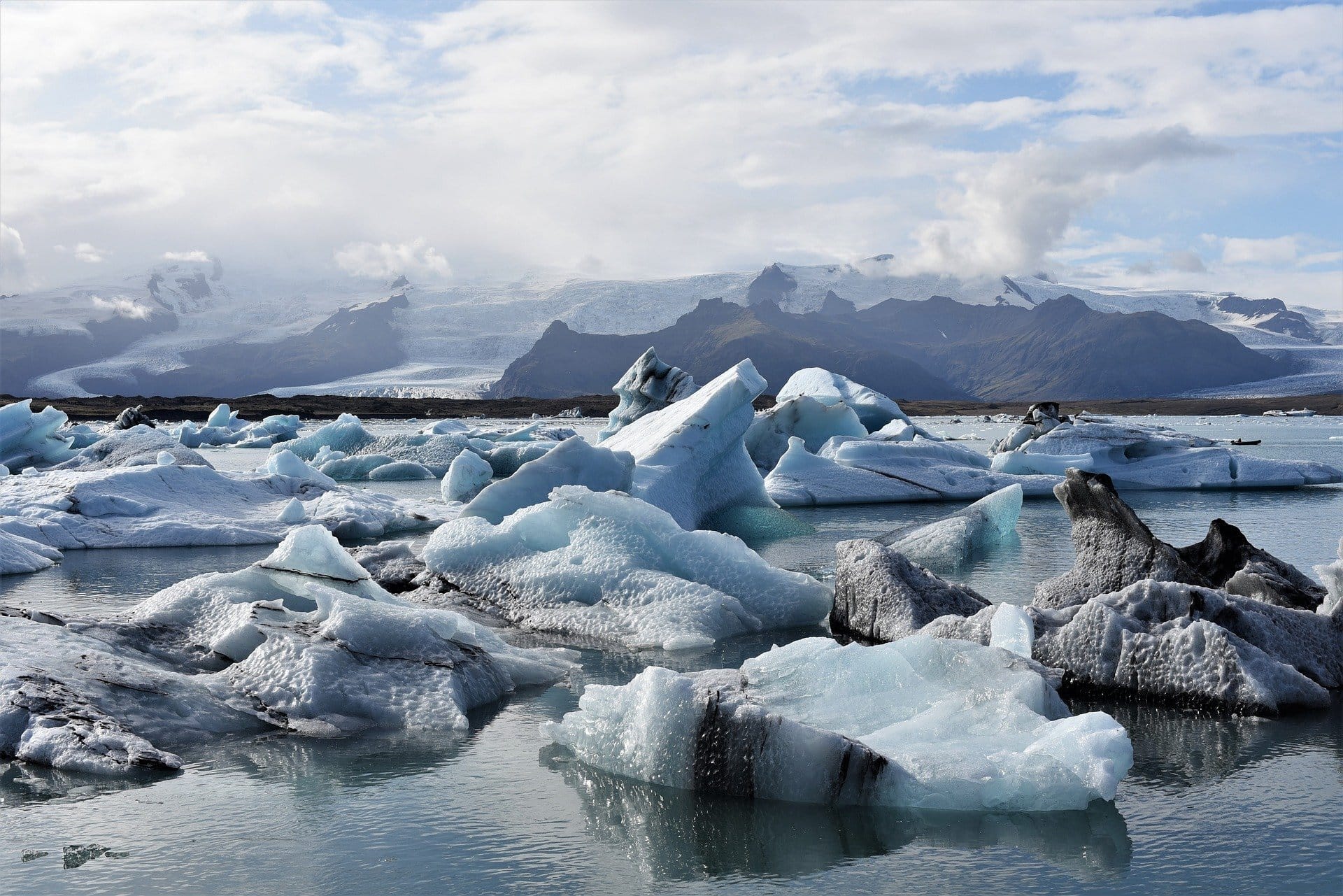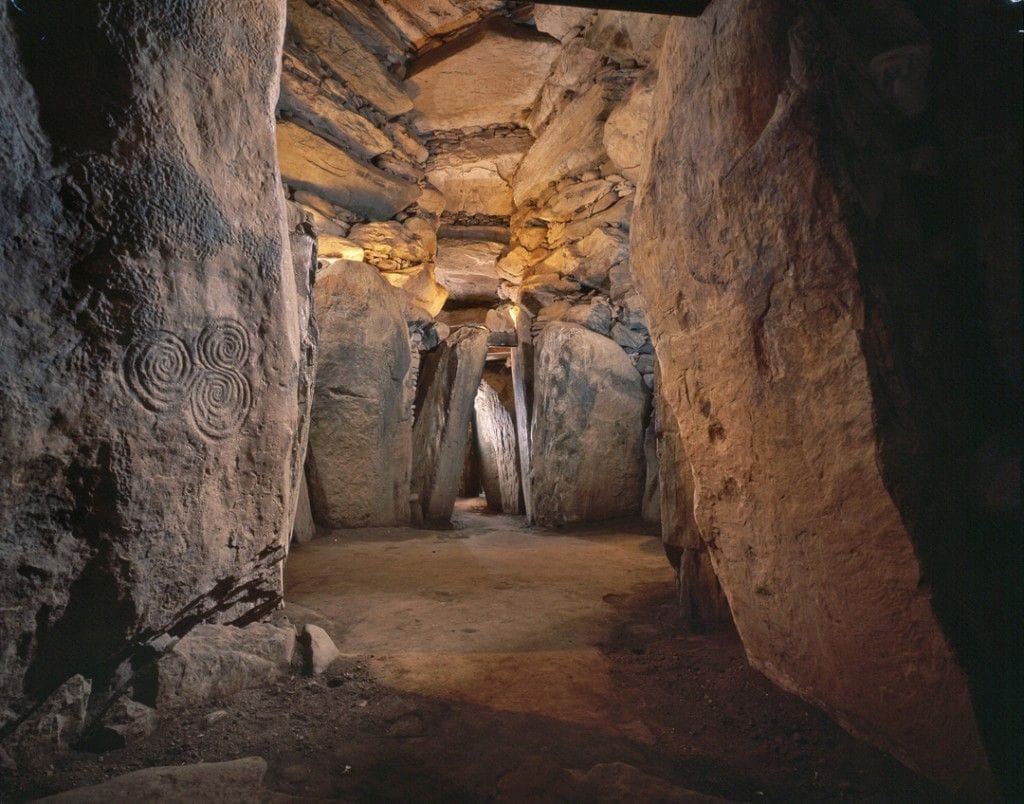In a groundbreaking study, researchers have uncovered sediment cores from the ocean floor that date back over 12 million years, providing a window into the climatic conditions during Earth’s past ice ages. These sediment samples, extracted from the depths of the Southern Ocean, reveal a complex interplay of ocean currents, atmospheric conditions, and ice sheet dynamics that have shaped the planet’s climate history.
The study, published in the journal ‘Nature Geoscience’, highlights how variations in ocean temperature and salinity played a crucial role in the formation and melting of ice sheets. Lead researcher Dr. Emily Carter states, “Our findings suggest that the ocean’s role in regulating ice ages is far more significant than previously understood. The data indicates that ocean currents can influence the stability of ice sheets, leading to rapid changes in climate that are not solely driven by atmospheric conditions.”
Using advanced techniques such as isotope analysis and sediment dating, the team was able to reconstruct past ocean temperatures and ice volumes. This reconstruction revealed that significant fluctuations in sea surface temperatures occurred long before the onset of glaciation periods, suggesting that the ocean may act as a precursor to ice sheet formation.
One of the most striking revelations from the research is the discovery of a previously unknown mechanism of ice sheet retreat linked to oceanic warming. The study indicates that warm ocean currents can erode ice shelves from below, leading to accelerated melting and contributing to sea-level rise. This finding has critical implications for current climate models, which often underestimate the ocean’s influence on ice dynamics.
The implications of this research extend beyond academic interest; they raise urgent questions about the future of Earth’s climate in the face of ongoing global warming. As Dr. Carter notes, “Understanding the past is essential for predicting future climate scenarios. Our results underscore the need for integrated models that account for ocean-atmosphere interactions when assessing the stability of ice sheets.”
This research not only rewrites the narrative of Earth’s ice ages but also emphasizes the importance of deep-sea exploration in understanding climate change. The findings advocate for continued investment in oceanographic research to better grasp the complexities of our planet’s climate system and to prepare for the challenges posed by climate change in the coming decades.
As the scientific community continues to unravel the mysteries of Earth’s past, the lessons learned from these ancient oceanic secrets will be crucial in guiding policy and conservation efforts aimed at mitigating the impacts of climate change today. The study concludes with a call to action for further research into the ocean’s role in climate systems, ensuring that humanity learns from the past to protect the future.



